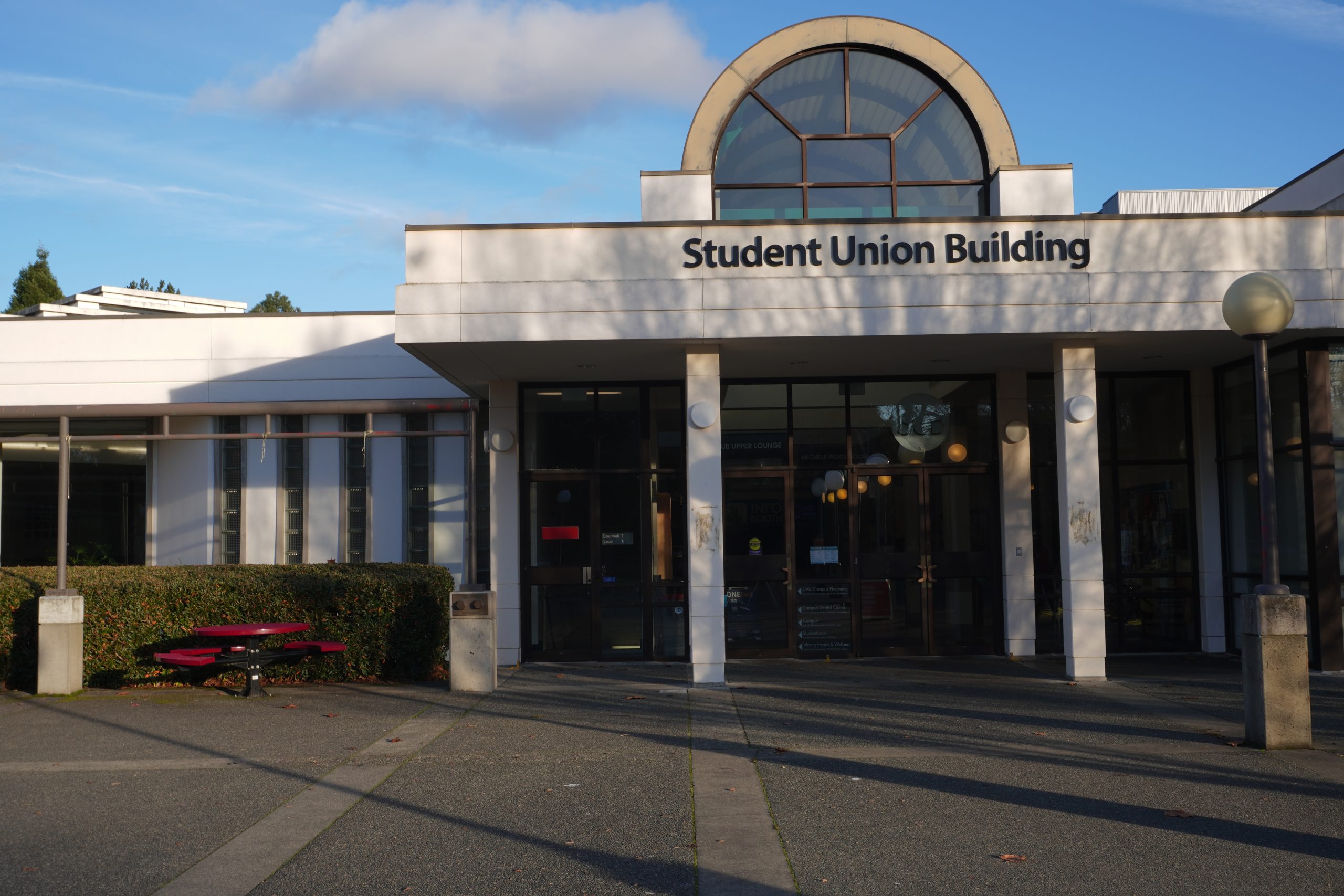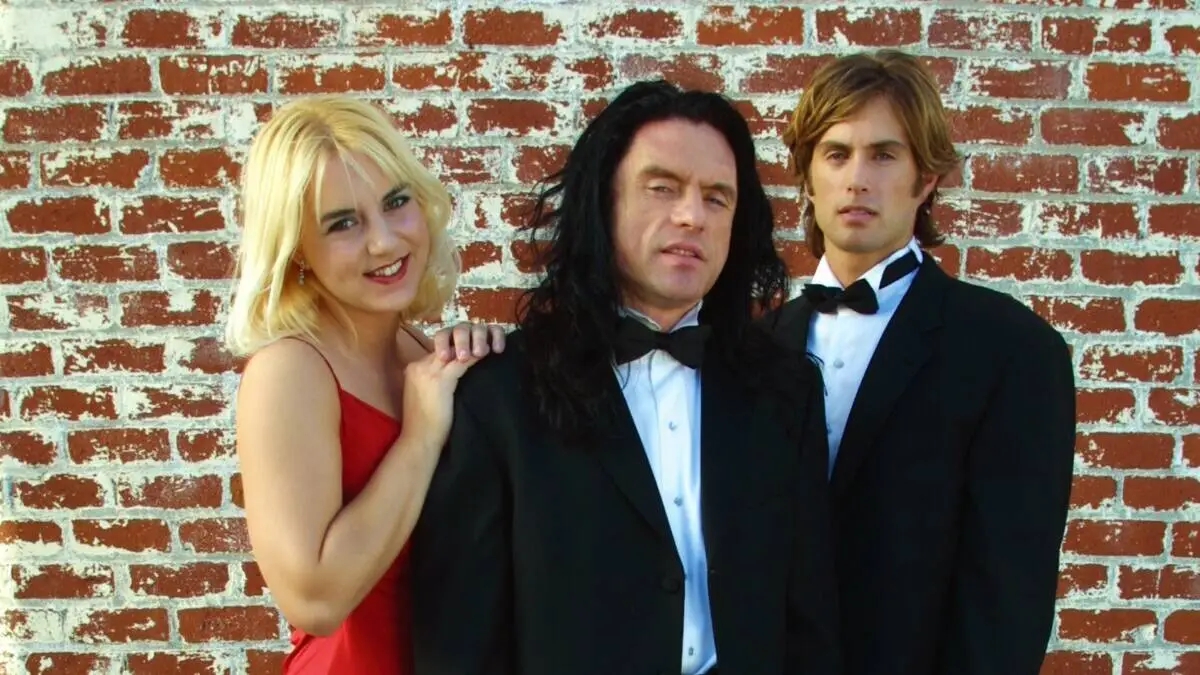Don’t blame the common Westerner for misunderstanding Ukraine; blame world leaders, and media outlets that churn out ignorant views about Ukraine and its people.
Ukraine is not merely some card in a high-stakes game of world poker, nor is it intensely divided to the point of near-disintegration. Ukraine’s population comprises a diverse mix of people, with cultural, historical, and political differences. And, yes, occasionally some animosity arises.
We’re told that simple and intensely confrontational divides, along with the current crisis, are bringing Ukraine to the brink of geographical fragmentation.
This is how Russia, the U.S., and the EU would like us to see Ukraine.
They want us to see Ukraine not as its own country but as something to be won or lost in their struggle for hegemony. They paint Ukrainians as either Western- or Russian-wannabes, not as Ukrainians. They ruthlessly revoke from Ukraine and its peoples any sovereignty and rights to self-identification—a very old tradition at this point—by imposing on them the cumbersome burden of geopolitics.
This burden has created an exaggerated view of the current tensions in Ukraine. Yes, the situation’s volatile—Ukraine has experienced massive political upheaval lately and is nearing financial ruin, after all. But no, it will not kick off a third World War.
The differences do not weigh as heavily on Ukrainian society as most outsiders think.
The average Ukrainian citizen will tell you not only how safe the country remains but also that ethnic and linguistic hostilities are essentially nonexistent. Whatever language one speaks in Ukraine, whatever family background one has, he or she will claim to be a Ukrainian first; all Ukrainians are brothers and sisters.
Almost no Ukrainian citizen will stand for Putin’s “invasion.” Russian requests for “protection” in Crimea and eastern Ukraine, and fears of ethnic or linguistic persecution, are largely fabrications of Russian media. Putin’s tactics are solidifying Ukrainians’ commitment to unity at home and peace with their Slavic brothers to the east.
The reality on the ground in Ukraine is not one of complete chaos. Mundane normality continues to reign in daily life, though it’s coloured with disbelief at the ridiculous claims being made about supposedly everyday Ukrainian-Russian antagonism.
The chaotic flashpoint is Crimea, a Black Sea peninsula. The big question is whether it will secede from Ukraine or not. Worries of war are borne out of the Russian incursions in the area.
Big pro-Russian movements are coming from a select group of pro-Russian extremists, including Crimean parliamentarians who voted to join Russia. If the March 16th referendum on to secede actually goes ahead, whether the people of Crimea will vote to defect to Russia or remain autonomous within Ukraine is unclear.
If Crimea chooses to separate, the repercussions would be uncertain.
Crimea maintains an ethnically Russian majority today. Russia’s Black Sea Fleet is based at Sevastopol and Russia has natural gas assets based in Crimea. Russia, therefore, has legitimate interests in the area.
Crimea has never had a particularly Ukrainian character to it, having only been awarded to Ukraine in 1954 on the whims of Nikita Khrushchev.
But the loss would certainly be felt by the new central government in Kyiv. It could potentially remove a major source of Ukraine’s natural gas and would be injurious to national pride, sovereignty, territorial integrity, and the new regime’s legitimacy. Kyiv, though, sees the referendum as illegal and says it will dissolve the Crimean parliament and invalidate the outcome, should Crimea forge ahead with the referendum.
Anti-Ukraine “protests” are likely not spontaneous but are probably incited, orchestrated, or at least exaggerated by Russia; these “protests’ allow Russia to claim some legitimacy over its actions by claiming protection of its people and assets amidst the Ukraine’s uncertain future. The West denounces these claims, though.
Putin’s actions are mere performance, so much so that not even those on the ground in Crimea, let alone those watching from a distance, fully know what’s going on. And the West is falling into the power struggle that Putin wants, particularly when this struggle is what Western media focuses on.
Western countries are pushing for diplomacy on all fronts. Limited sanctions have been placed against Russia. Whether they’ll be effective is still unclear. Putin clearly doesn’t think they will be, and they appear to actually be increasing his resolve to cause trouble, though he remains at least publicly committed to avoiding war.
War with Russia is, therefore, unlikely. That Putin will launch actual military aggression against Ukraine seems highly improbable. Furthermore, Western countries, despite their rhetoric, seem entirely unwilling to physically defend Ukraine.
We’re still inculcated by the media with the notion that the crisis should and will definitively place Ukraine in one sphere of influence by way of either diplomacy or military action, and Ukraine’s sole importance lies in facilitating assertions of power.
However, Ukraine is a borderland. It is caught physically, economically, historically, and politically between two regions. It cannot be absorbed by one or the other either. Instead, a compromise on what position Ukraine will have in the world’s future needs to be reached.
First and foremost, that future ought to be decided by the Ukrainian people and those that represent them—not by Barack Obama or Vladimir Putin. That’s what the revolution has been about: ensuring Ukraine’s future is not imposed on it by external forces.
If Ukraine so chooses to further integrate itself into Europe, it needs to maintain close and cordial relations with Russia. The goal for Russia and the West ought to be reconciliation, not domination. Assistance ought to be given when solicited, not imposed.
As talks progress in Western European capital cities this week, it must be kept in mind that any settlement on Ukraine’s future will not satisfy everyone involved. This is okay. It is unreasonable to expect that everyone would be satisfied. However, it is equally unreasonable to search for a solution that would completely satisfy one party while conceding nothing to another. This isn’t a simple zero-sum game; everyone needs to make concessions. That is the nature of compromise.
The West and Russia need to realize that Ukraine will always be tied to both in some way, and that each has legitimate interests in Ukraine. Peaceful accommodation and coexistence, always keeping at the fore the interests of the Ukrainian people, should be the ultimate objective.
Unfortunately, this is not how things are progressing right now. Hopefully the tide will turn.
Ukraine is not some abstract concept or empty land up for grabs. It is a real place with real people, facts that are largely forgotten by both the East and the West. Russia’s and the West’s focus on their own strength and prestige ignores the implications that their actions have on these real people.
The focus should be on actually helping Ukraine, not “winning” it.







